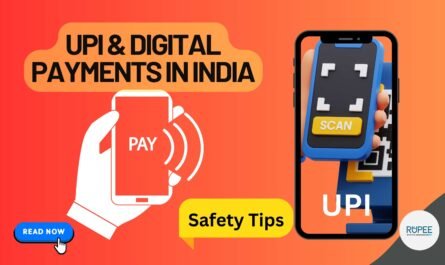# Beware of the Digital Arrest Scam: How It Works and How to Protect Yourself

📌 What is the Digital Arrest Scam?
The Digital Arrest Scam is a rising cyber fraud where scammers impersonate law enforcement officers and claim that you are involved in illegal activities, such as money laundering or cybercrimes. They use fear tactics to trick victims into paying large sums of money to avoid arrest.
🚨 How Does the Scam Work?
1️⃣ The Initial Contact – Scammers call, email, or message you, pretending to be from a government agency (like the police, CBI, or cybercrime department). They may spoof official phone numbers to appear legitimate.
2️⃣ The Fake Allegation – They claim that your name is linked to illegal transactions or criminal activities.
3️⃣ The Intimidation – They might threaten immediate arrest, suspension of your bank accounts, or legal action if you don’t cooperate.
4️⃣ The Fake Verification – Scammers may ask you to verify personal details, show ID cards on video calls, or even install malicious apps for “investigation purposes.”
5️⃣ The Payment Demand – To “settle” the matter, they demand money via bank transfers, cryptocurrency, or gift cards.

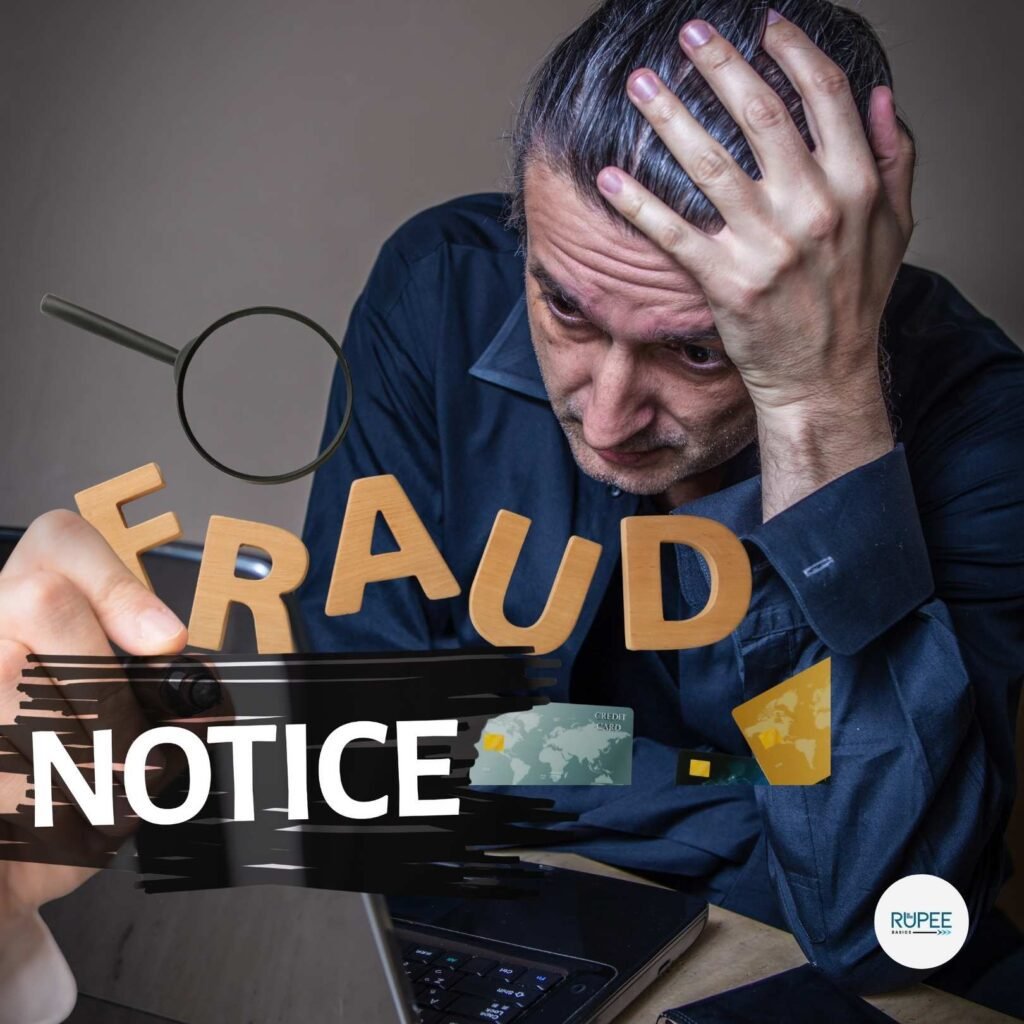
📖 Real-Life Example
Recently, a businessman in Delhi was tricked into transferring ₹25 lakhs after receiving a fake cybercrime notice. The scammers manipulated video calls and sent forged documents, making the case look real.
🔍 Why This Scam is Increasing?
Lack of awareness among the public about cyber scams.
Rise in digital payments and online transactions.
Easy access to personal data from data leaks and breaches.
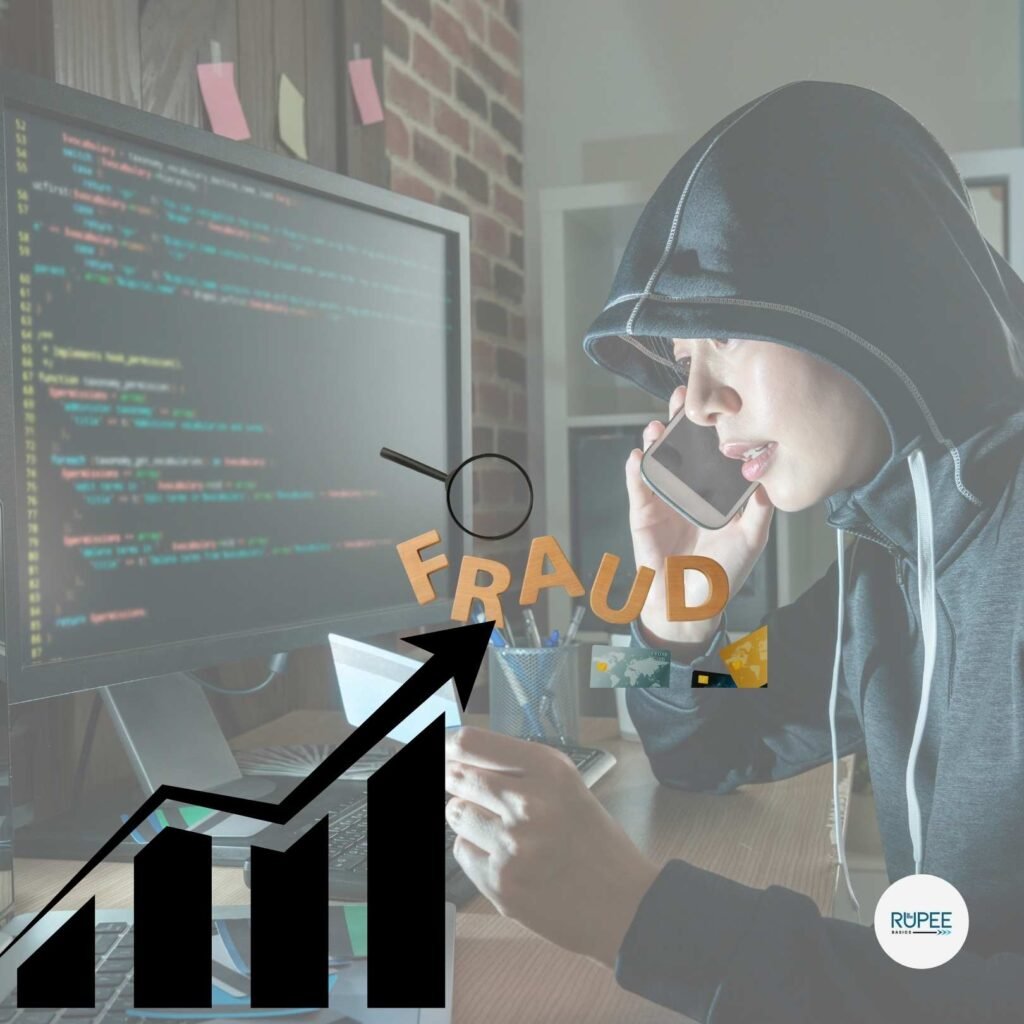

🔍 How to Identify a Digital Arrest Scam
✅ Unexpected calls from unknown numbers claiming to be police officers.
✅ Threats of immediate legal action without prior official notice.
✅ Requests for money to “settle” a case out of court. ✅ Poor grammar and informal language in messages or emails.
✅ Pressure to act quickly without consulting a lawyer.
🤖 How Scammers Use AI and Deepfake Technology?
Video deepfakes can create fake live interactions to make their claims look legitimate.
Some scammers now use AI-generated deepfake voices and videos to impersonate officials.
They can mimic voices in real-time to sound like a government officer.


🎯 Common Target Groups for This Scam
- Elderly people who are less tech-savvy.
- Business owners and professionals with significant financial transactions.
- People who have applied for government-related services online.
- NRIs (Non-Resident Indians) who are unfamiliar with local laws.
🛡 How to Protect Yourself
🔹 Stay Calm – Scammers use fear to pressure victims. Take a moment to analyze the situation.
🔹 Verify Claims – Contact the official government agency using their publicly listed phone number.
🔹 Never Share Personal Information – Avoid disclosing ID details, banking credentials, or OTPs. 🔹 Do Not Download Apps – Fraudsters may ask you to install remote access apps like AnyDesk or TeamViewer to steal data.
🔹 Consult a Lawyer – If you receive a suspicious legal notice, seek legal advice before taking any action.
🔹 Report the Scam – File a complaint on the official cybercrime website (https://cybercrime.gov.in/) or call 1930.
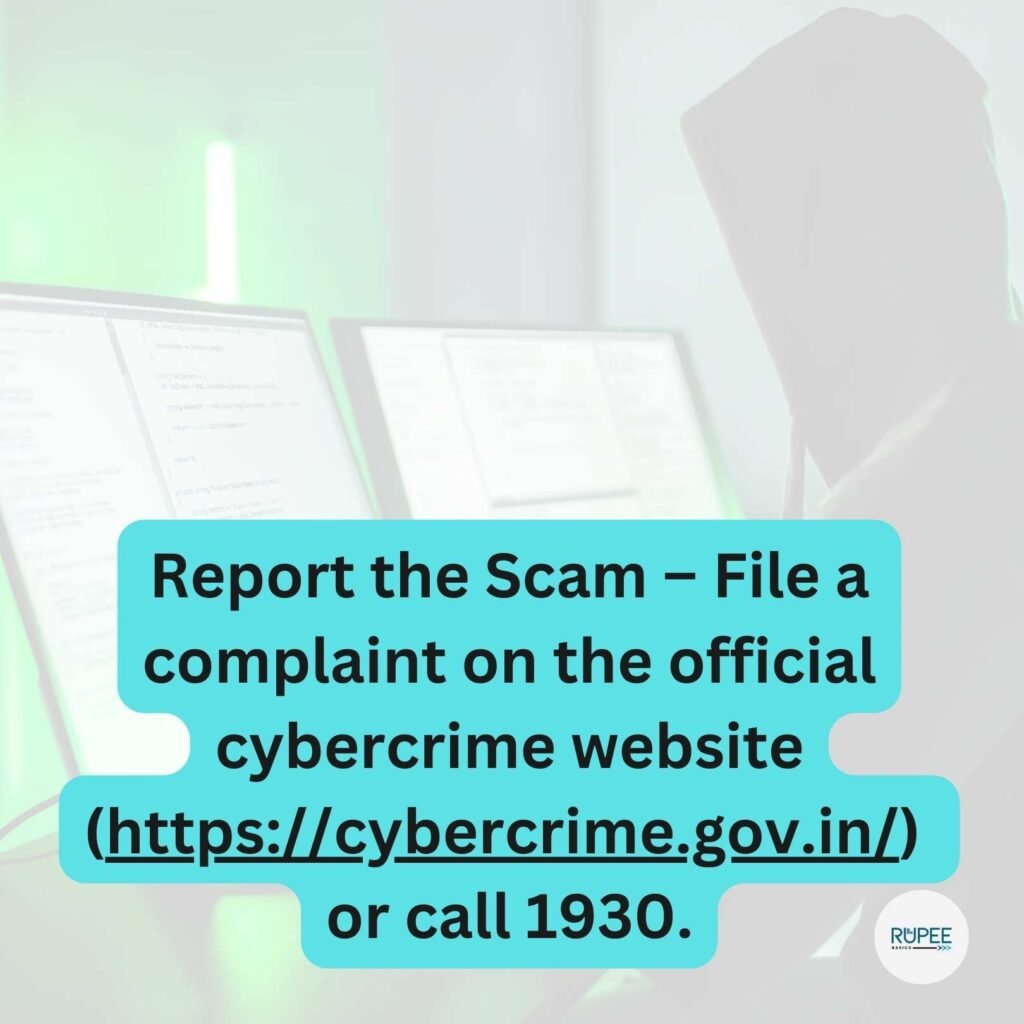

⚖️ Laws Protecting Victims in India
- IT Act, 2000: Covers fraud and identity theft.
- Indian Penal Code (IPC) Section 420: Punishes cheating and dishonesty.
- RBI Guidelines on Cyber Frauds: Banks must assist victims in fraud cases.
🌍 International Scams: Similar Cases from Other Countries
- USA: Scammers pretend to be FBI or IRS agents demanding back taxes.
- UK: Fake police officers demand fines via Bitcoin.
- Australia: Scam calls impersonating the Australian Taxation Office (ATO).


🎭 Psychological Tricks Used by Scammers
- Fear and Urgency: They give you no time to think or verify.
- Authority Pressure: Using official-sounding names and fake badges.
- Confusion Tactics: Overloading you with legal jargon to make you panic.
⚠️ What to Do If You’ve Been Scammed
1️⃣ Stop Further Communication – Do not engage with the scammers.
2️⃣ Contact Your Bank – If you made a payment, inform your bank immediately to try and block the transaction.
3️⃣ File a Police Complaint – Report the scam at your local police station or cybercrime portal.
4️⃣ Warn Others – Share your experience to prevent others from falling victim.
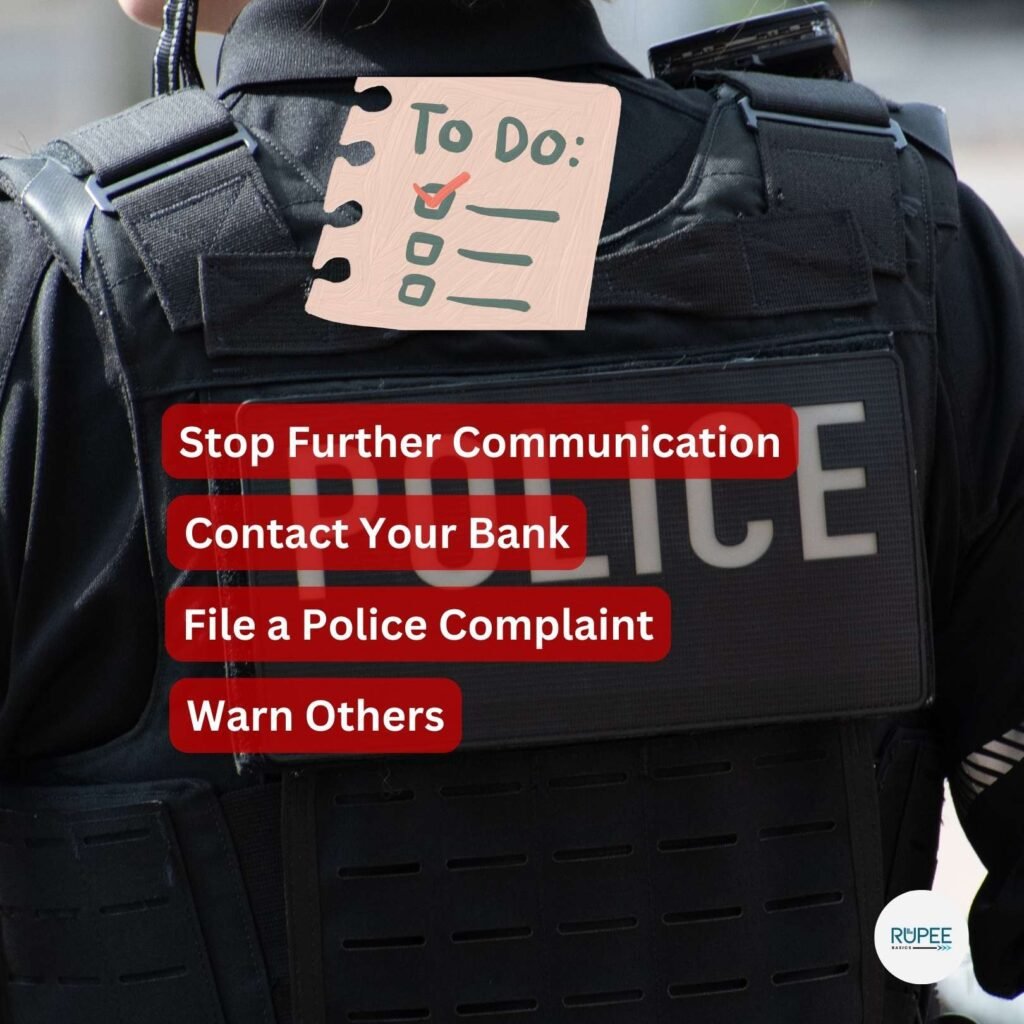
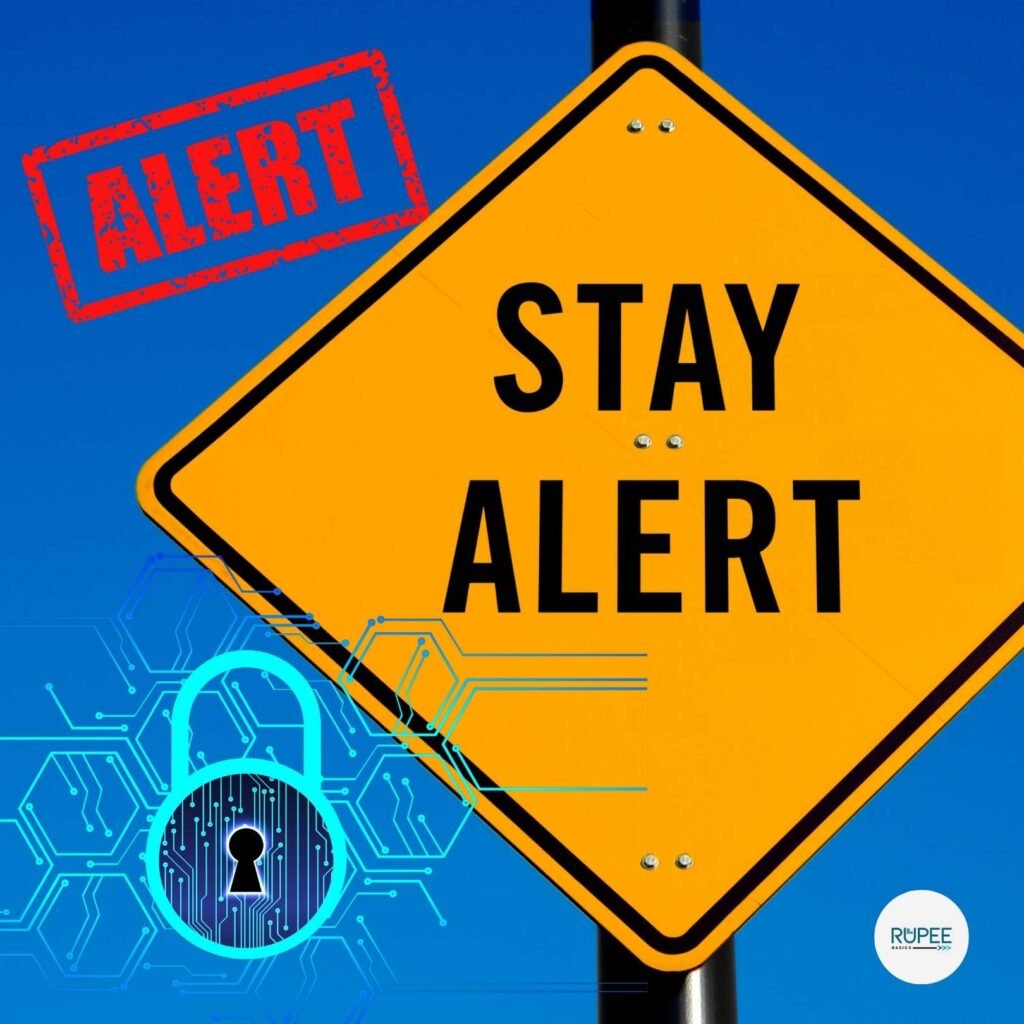
🎯 Final Thoughts
Scammers are getting smarter, but staying informed can help you stay safe. Always verify official claims, never make payments under pressure, and report suspicious activity to authorities.
“If you don’t find a way to make money while you sleep, you will work until you die.” – Warren Buffett
📢 Need Expert Help with Finance & Taxation?
Get professional assistance on Taxation, Business Registration & Compliance. 🔗 Contact Us for expert guidance! 🚀




